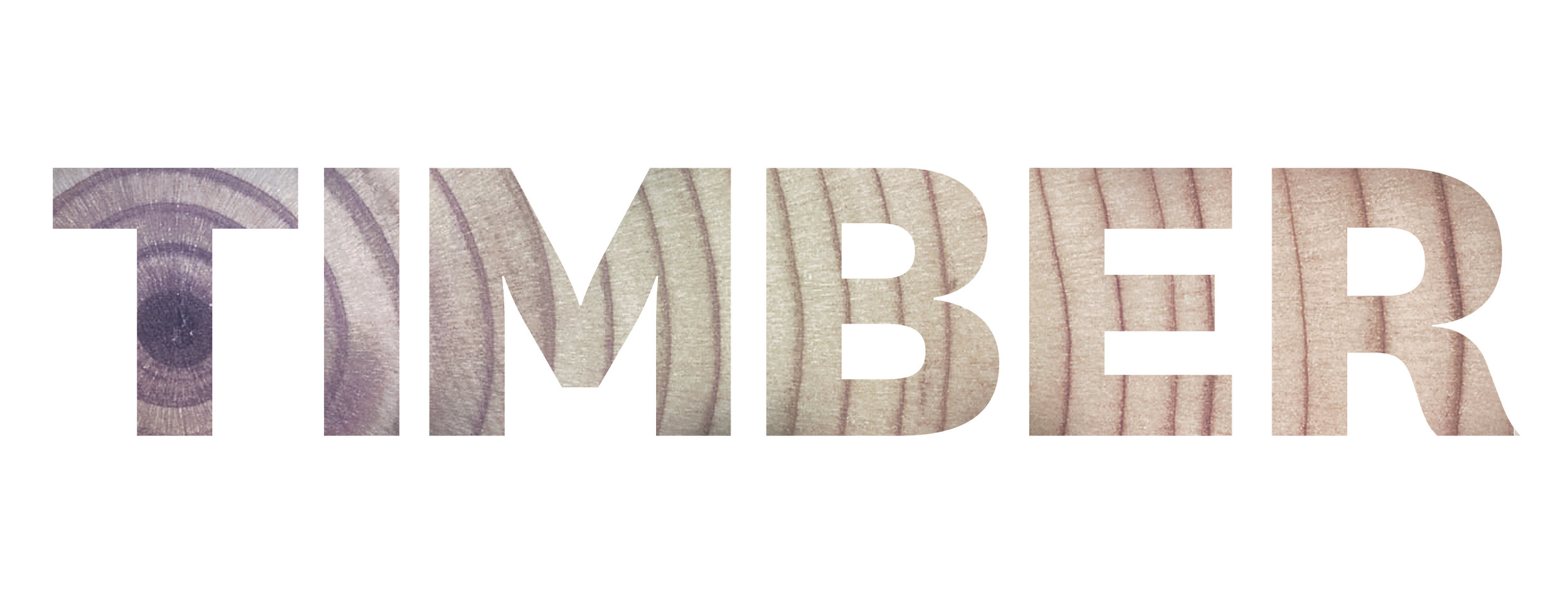Newport, 1991
An Excision*
It wasn’t the caw of seagulls or the cold waves lapping at our feet (even though we knew better, whining about our wet sneakers the whole way back) but the drive there that I loved, fitted between the brother and the sister in the back seat, listening as the father in the front told tales about a cowboy called Slick and his horse Joe, turning our bickering into laughter.
I never considered what I would do if, one day, we stopped chattering on our own.
I stared out the car window at the clear cuts alongside the coastal range highway to Newport, the hills scraped bare of conifers and rising steep and sharp, the only evidence any trees had once existed found in the left-behind branch scrap.
Proof of devastating alteration satisfied a need inside the head, the heart befuddled by its fixation on loss when I could still hold everyone I loved in both hands.
That was what I saw, what I kept, but not what I was given.
I was given seaweed wielded like a wand by a brother, broken sand dollars fist-clutched by a sister, parents dragging us to the tide pools cupping the starfish I would never touch. They would bend up a finger if you did, a warning or a gesture of loneliness.
We carried plastic shovels, a 2-liter of Sprite, an architectural plan for a castle we could all inhabit.
We left behind towels and trash.
We leapt off cliffs into the sand below, hurling our bodies with abandon. There were seastacks jutting into the ocean and we ascended with the father, scrabbling up by finding handholds and pulling each other into place.
Salt everywhere, sand everywhere, between the toes and in the curl of the ear, hidden in the fold of elastic and crusting between pockets, only noticed in the showers we pretended we resented when we returned.
Before we could sleep, we had to scrape the sea-badges off our bodies.
Before we could sleep, the sister and I had to repeat “good night, love you” to each other across the divide, bags of sand weighing heavy on our eyelids, but we always got the sacred words out before departing for our separate worlds.
I long for that life I cupped around a letter, the (m) I can no longer write, because to use it is to turn the collective possessive into personal, to take ownership, to lay a purple-and-white striped towel on the sand and hold it down with this body, saving space for a sister to return.
I cannot call a sister _y sister now.
She does not trust the heart in this body, says our history is not the way she recalls, and so I do not answer when she calls.
But I can no longer say where I belong or who I belong to without the letter I cannot write.
She does not speak any longer and so I do not speak; the sea does not need to speak either.
The sea is supposed to be known for its silences, the counsel it keeps with no one.
Perhaps if it spoke, the sea would tell us to stop seeking the answers it has always given.
The sea has never veiled its secrets.
The sea deposits scraps of history on the shore that I collect and I keep and I study, shells of what had once been alive.
I return to a day in Newport, 1991, before her wave hit like a crash, when we were a wave like a soft sound, a wave reverberating inside an ear fold and sticking like the sand, a wave like the conch kept in the house, a souvenir of what we left without leaving, an archetype of an era we once lived, the one when we went to the coast with a twenty-dollar bill for gas and hours to fill, parents and sisters and brother, the waves rolling and rolling, drowning out the echoes of love.
* this piece is a lipogram omitting the letter "m"
Kristine langley Mahler
Kristine Langley Mahler is the author of three nonfiction books, A Calendar is a Snakeskin, Curing Season: Artifacts, and Teen Queen Training (forthcoming 2026). Her work has been supported by the Nebraska Arts Council and Art at Cedar Point and twice named Notable in Best American Essays. A memoirist experimenting with the truth on the suburban prairie, Kristine makes her home outside Omaha, Nebraska. She is the director of Split/Lip Press.
